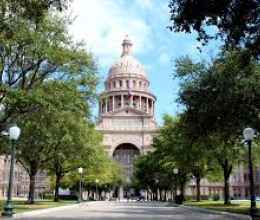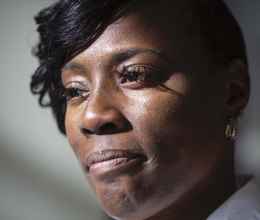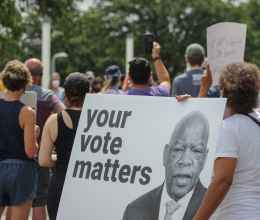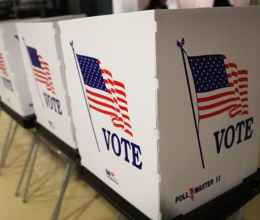I’ve got a secret for you, one that some Lone Star State politicians might not want you to know. An important statewide process is getting started ahead of the 2021 legislative session, a process that happens once every 10 years.
It’s called redistricting, or the redrawing of the districts that make up the legislative and congressional maps in Texas, and it matters more than you may know.
Redistricting is simple enough to grasp when you compare it to other things we replace every few years, like, say, an old car. When it just isn’t working like it used to or doesn’t meet your needs anymore, it’s time to think about getting a new model.
Similarly, redistricting should lead to new and improved electoral maps that reflect the growth and demographic changes that Texas communities undergo with time. Every 10 years, after the U.S. census determines how our communities have expanded and contracted, the Texas Legislature gets the task of redrawing fair maps that are inclusive of everyone.
Except it doesn’t always quite work that way, because, unfortunately, redistricting isn’t as easy as going to the dealership and riding out with a shiny, new F-150 two hours later.
The process is often fraught with complications, like lack of transparency and self-interest. Unlike in some other states, where an independent redistricting commission redraws the electoral maps, Texas legislators redraw and approve their own districts. If that seems backward, it should — after all, shouldn’t voters be the ones who select their elected officials, and not the other way around?
This piece originally appeared at the San Antonio Express-News.







